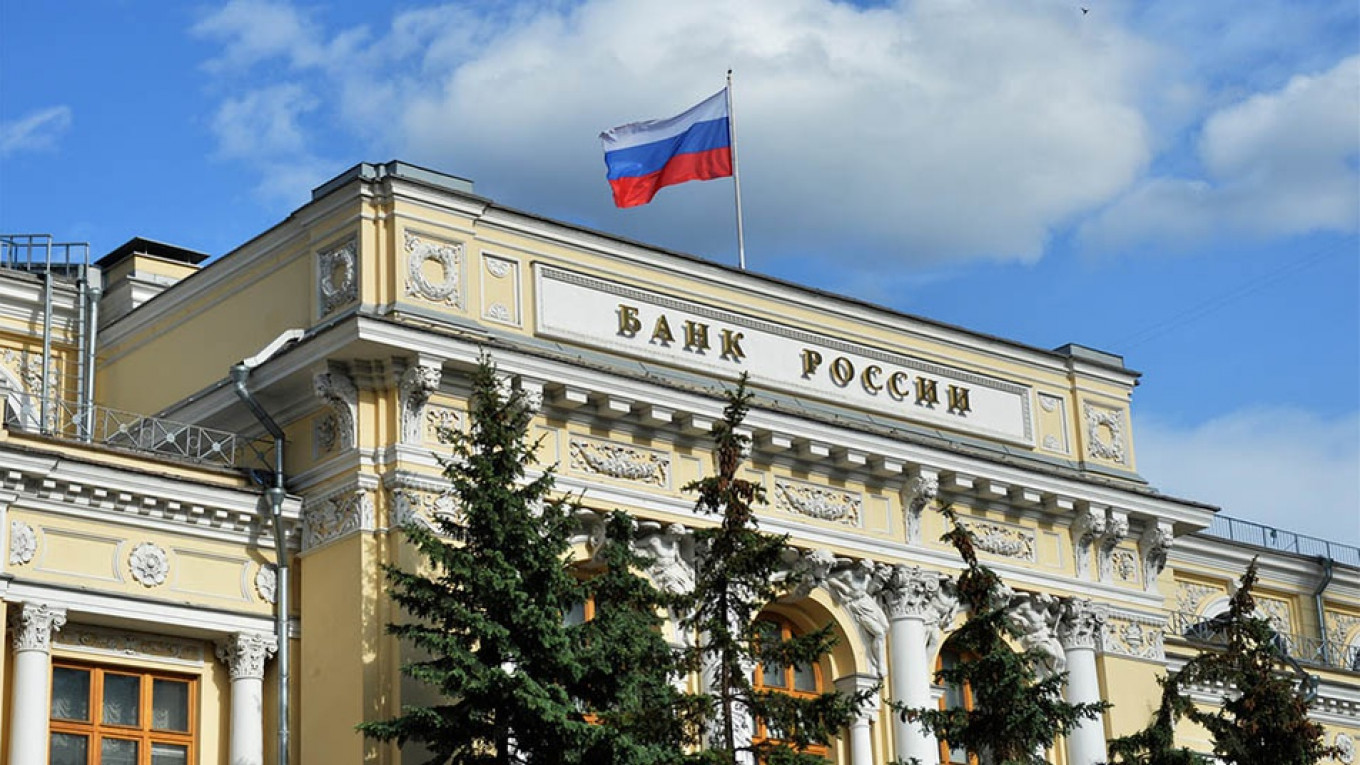Russia’s Economic Struggles Deepen as Ruble Hits Two-Year Low
29.11.2024 9:00 2 min. read Alexander Stefanov
Russia’s economy is grappling with severe challenges as the ruble tumbles to its lowest value in over two years, recently hitting 114 against the U.S. dollar.
In response, the Central Bank of Russia (CBR) suspended foreign currency purchases for the rest of 2024, temporarily lifting the ruble to 110. President Vladimir Putin downplayed the crisis, citing seasonal factors, oil price instability, and budgetary pressures. Kremlin spokesperson Dmitry Peskov echoed this sentiment, claiming that ruble-paid wages shield ordinary Russians from significant impact.
Despite these assurances, experts warn of worsening inflation and economic stagnation. With interest rates at 21%, the CBR struggles to rein in inflation, which hit 8.5% in October, driving up prices for essentials like butter and potatoes. Meanwhile, new U.S. sanctions targeting Gazprombank, Russia’s third-largest bank, have further isolated the economy by restricting energy-related transactions involving U.S. institutions.
The government’s war-focused spending continues to strain resources, prioritizing military production over consumer goods. While Putin denies a trade-off, rising production costs and stagnant wages tell a different story. Labor shortages and disrupted supply chains are compounding the strain, leaving the broader economy under immense pressure.
The IMF projects Russia’s GDP will grow 3.6% this year, driven by oil and gas exports, but warns of a steep slowdown to 1.3% in 2025 as domestic consumption and investment wane. Inflation is eroding purchasing power, and black-market activity is rising, reflecting growing financial instability. Even with temporary ruble stabilization, deeper structural issues suggest a difficult path ahead.
-
1
U.S. PCE Inflation Rises for First Time Since February, Fed Rate Cut Likely Delayed
27.06.2025 18:00 1 min. read -
2
Key U.S. Economic Events to Watch Next Week
06.07.2025 19:00 2 min. read -
3
Gold Beats U.S. Stock Market Over 25 Years, Even With Dividends Included
13.07.2025 15:00 1 min. read -
4
U.S. Announces Sweeping New Tariffs on 30+ Countries
12.07.2025 16:30 2 min. read -
5
US Inflation Heats Up in June, Fueling Uncertainty Around Fed Cuts
15.07.2025 16:15 2 min. read
US Inflation Heats Up in June, Fueling Uncertainty Around Fed Cuts
U.S. inflation accelerated in June, dealing a potential setback to expectations of imminent Federal Reserve rate cuts.
Gold Beats U.S. Stock Market Over 25 Years, Even With Dividends Included
In a surprising long-term performance shift, gold has officially outpaced the U.S. stock market over the past 25 years—dividends included.
U.S. Announces Sweeping New Tariffs on 30+ Countries
The United States has rolled out a broad set of new import tariffs this week, targeting over 30 countries and economic blocs in a sharp escalation of its trade protection measures, according to list from WatcherGuru.
Key U.S. Economic Events to Watch Next Week
After a week of record-setting gains in U.S. markets, investors are shifting focus to a quieter yet crucial stretch of macroeconomic developments.
-
1
U.S. PCE Inflation Rises for First Time Since February, Fed Rate Cut Likely Delayed
27.06.2025 18:00 1 min. read -
2
Key U.S. Economic Events to Watch Next Week
06.07.2025 19:00 2 min. read -
3
Gold Beats U.S. Stock Market Over 25 Years, Even With Dividends Included
13.07.2025 15:00 1 min. read -
4
U.S. Announces Sweeping New Tariffs on 30+ Countries
12.07.2025 16:30 2 min. read -
5
US Inflation Heats Up in June, Fueling Uncertainty Around Fed Cuts
15.07.2025 16:15 2 min. read


